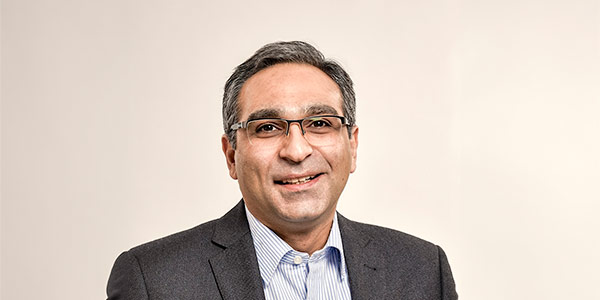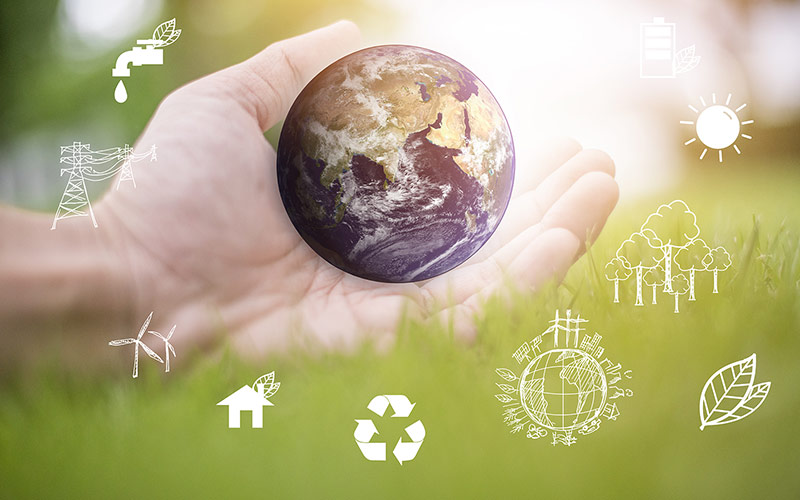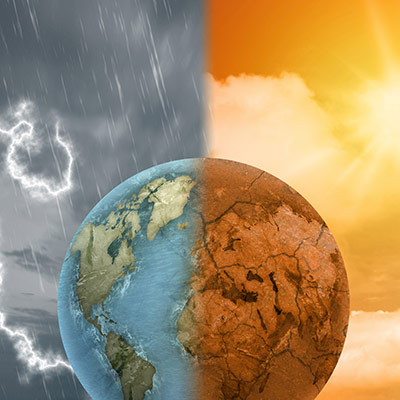Addressing global energy and environment challenges
Our combined expertise in experimental methods and computational modelling provides a unique capability to address interdisciplinary global challenges in infrastructure resilience, subsurface energy, and the geo-environment contributing directly to the UN Sustainable Development Goals.
We develop pioneering engineering solutions that integrate high performance and economic value with human-centred design and environmental resilience. Our work addresses critical challenges of our time including geohazards, climate change, and environmental contamination to help shape a healthier, more sustainable future.
With only one planet to call home, we are driven by a passion to contribute to a healthy, resilient society for future generations through impactful research and transformative education.
Majid Sedighi - Group Lead and Reader in Geo-Environmental Engineering

Research
Our areas of research
Connect with us
Our people
- Peyman Babakhani - Lecturer in Geo-Environmental Engineering
- Mojgan Hadi Mosleh - Senior Lecturer in Geo-Environmental Engineering
- Majid Sedighi - Reader in Geo-Environmental Engineering and Group Lead
- Junlong Shang - Senior Lecturer in Rock Mechanics
- Mohd Ahmad Syed - Senior Lecturer in Geotechnical Engineering
- Xiaomin Xu - Lecturer in Ground Engineering
- Lie Kong - Research Associate (Rock and Geomechanics)
- Falk Ayub
- Nafisa Bello
- Chundi Feng
- Samaneh Ghaedi
- Hao Han
- Wei Hao
- Nicoletta Lambrou
- Fanlin Ling
- Changhao Liu
- Muhammad Hamza Khalid
- Alexandre Khoury
- Esther Nyebe
- Amiya Sur
- Chigbo Waliezi
- Shaojie Wu
- Shuo Yang
- Yihan Zhang
- Zhaoyang Zhang
- Jingfan Zheng






